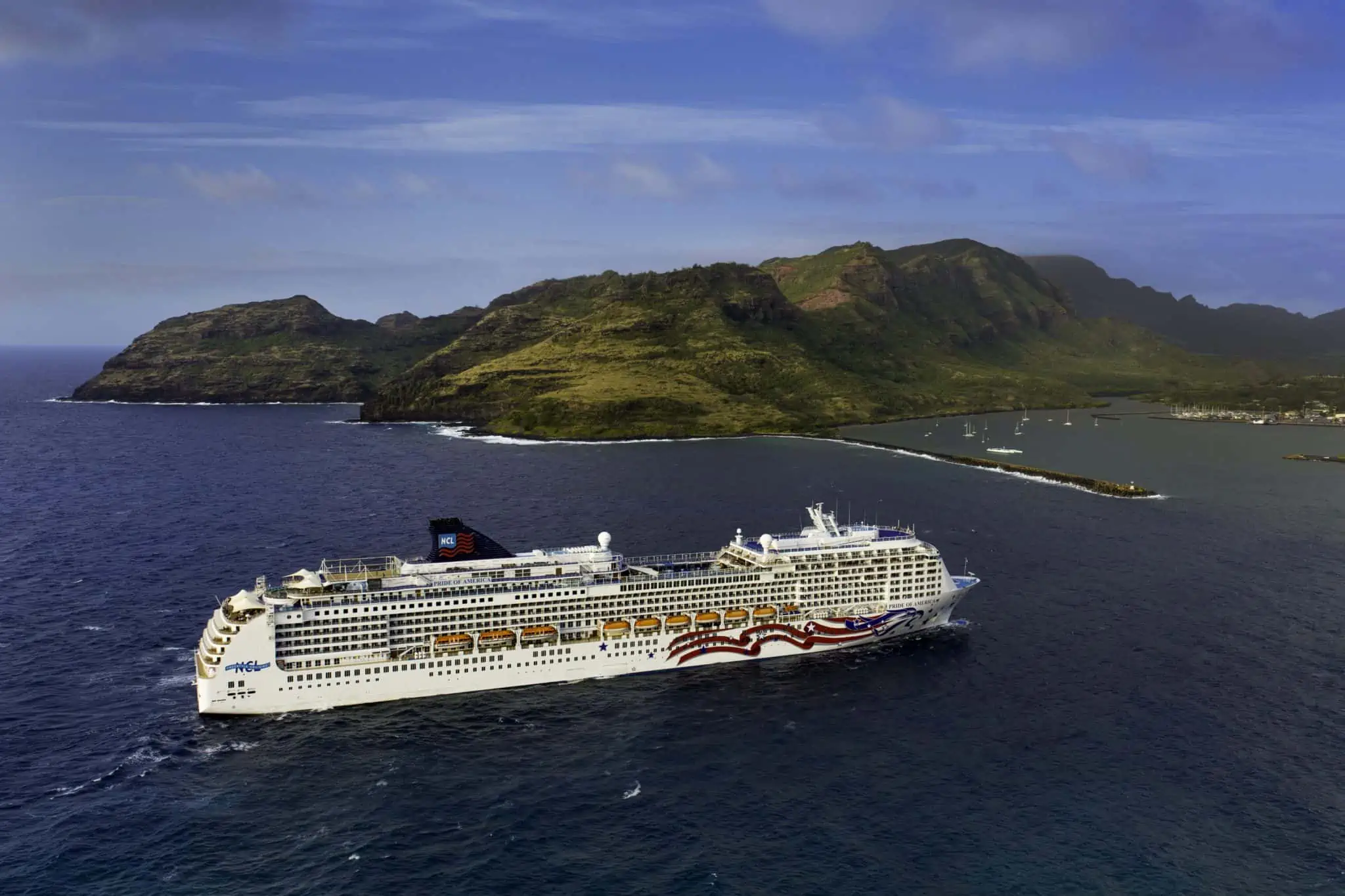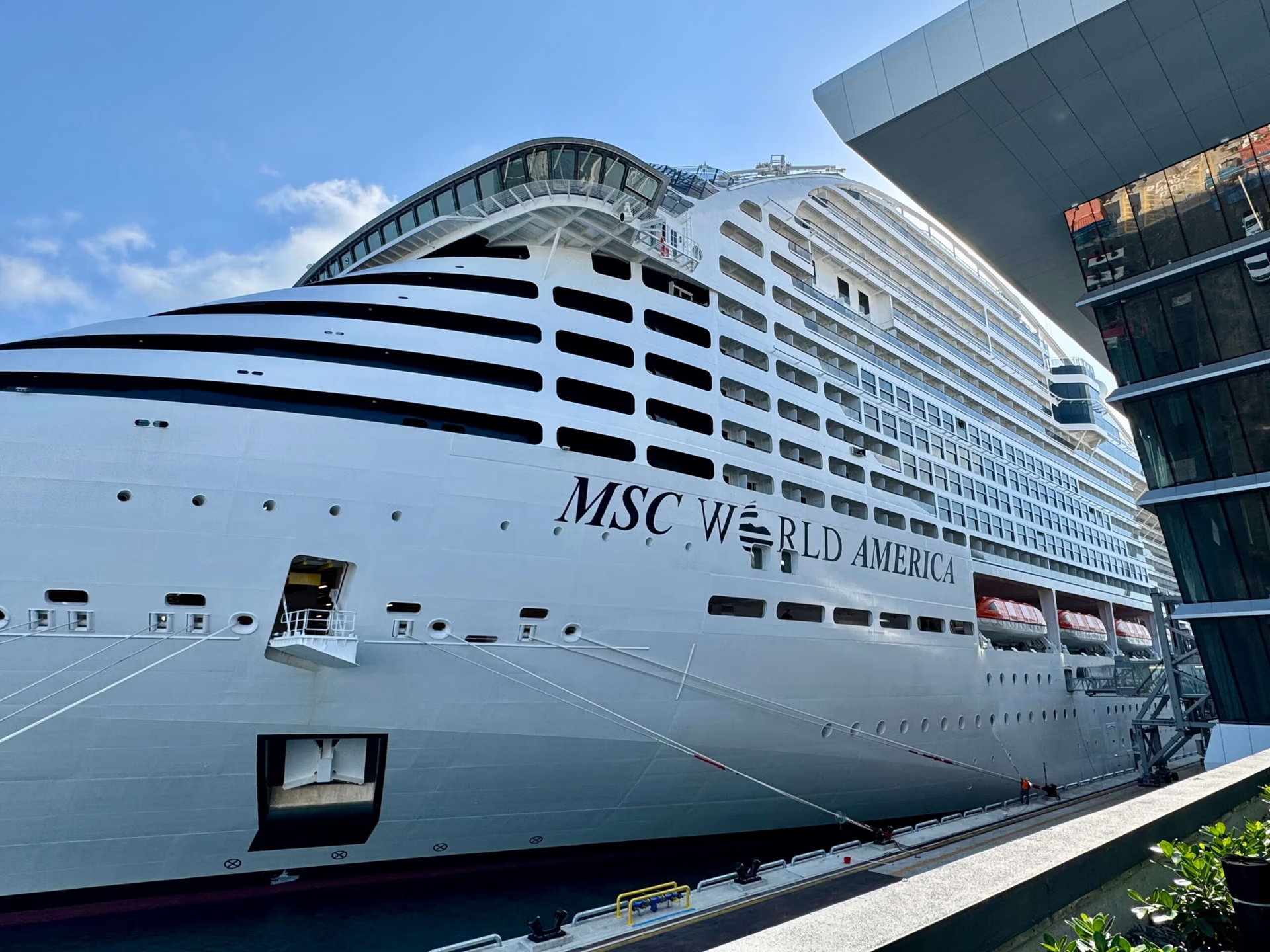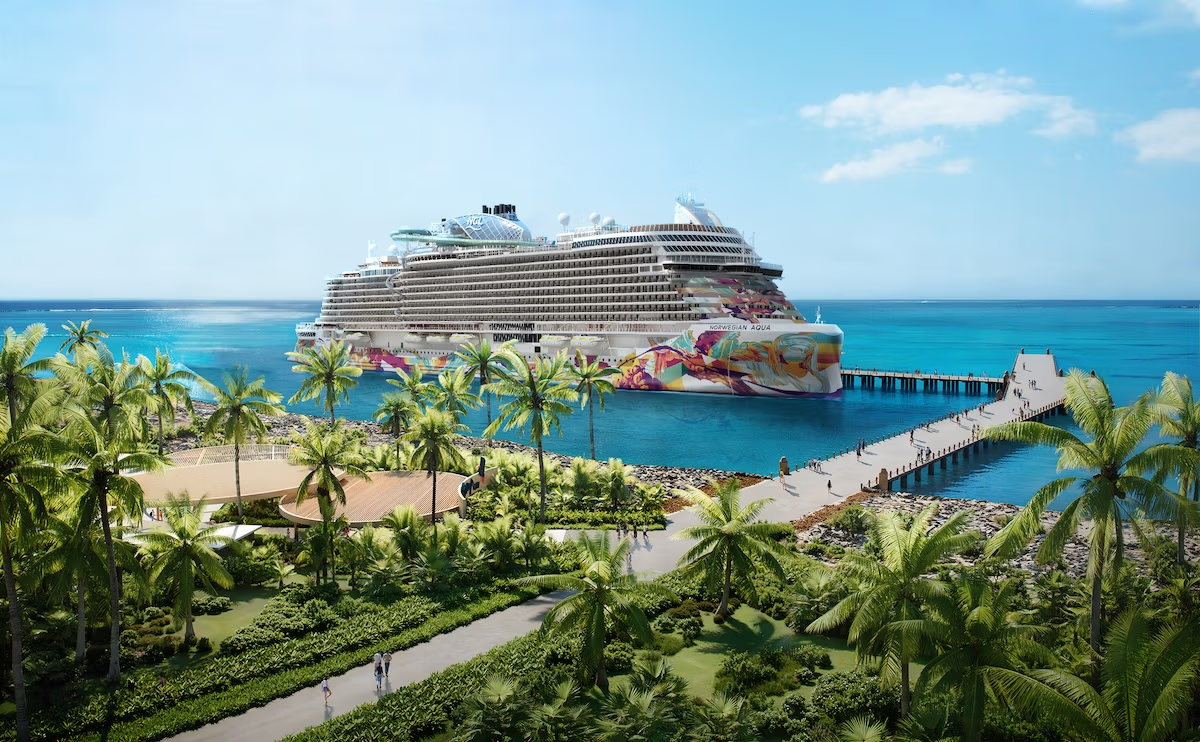Cruising during hurricane season can be thrilling if you’re up for an adventure, but it comes with risks.
That’s why understanding hurricane insurance is vital for any cruiser wanting to protect their trip investment and ensure smooth sailing—even when the weather isn’t.
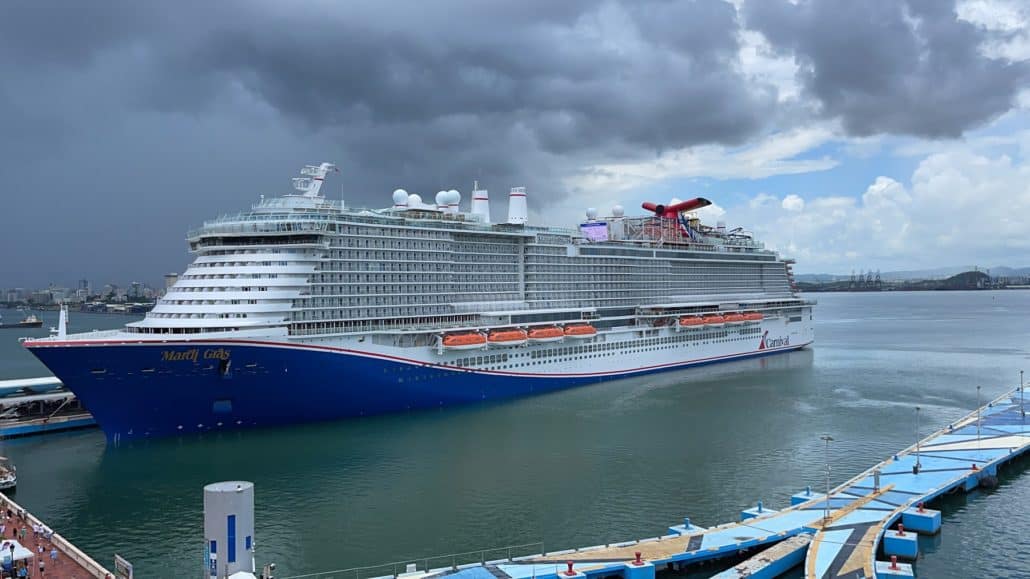
This guide will cover the essentials of hurricane insurance for cruisers, from the importance of travel insurance to choosing the right policy and what to do if a storm hits.
Why Travel Insurance is Important During Hurricane Season
The Need for Travel Insurance on a Cruise
For starters, hurricane season runs every year from June through November, and if you’re traveling in that time frame, it’s important to know about travel insurance.
Travel insurance isn’t just a want—it’s a necessity, especially when cruising during hurricane season.
Weather patterns are unpredictable, and the last thing you want is for a hurricane to cancel or interrupt your vacation. Without insurance, you could face significant financial losses if your cruise is delayed or rerouted. With a solid trip insurance policy, you’ll have peace of mind knowing you’re covered against these disruptions.
The Risks of Cruising Without Insurance
Skipping travel insurance can lead to massive financial headaches. Beyond potential hurricane disruptions, unexpected medical emergencies at sea can cost a fortune without the right coverage.
If your cruise gets canceled or rerouted due to a storm, non-refundable expenses pile up quickly.
Travel insurance protects you from these scenarios, allowing you to focus on enjoying your vacation.
Read More: What to Expect Cruising During Hurricane Season
What is Hurricane Insurance?
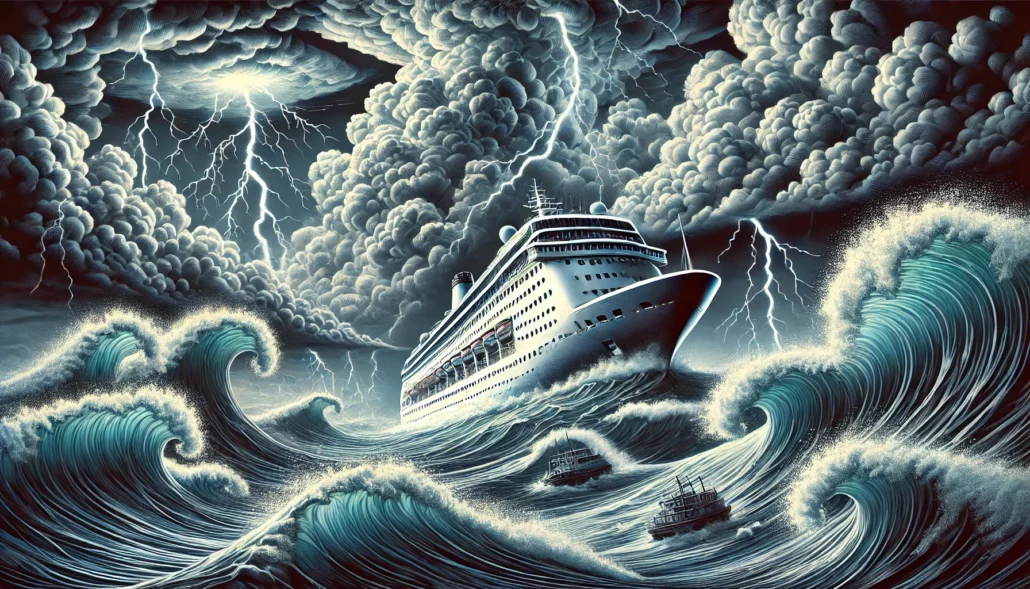
Hurricane Insurance Basics
Hurricane insurance is a specialized form of travel coverage designed to protect travelers from the financial fallout of hurricanes and severe weather events.
For cruisers, you’re covered for disruptions like trip cancellations, delays, or even mandatory evacuations.
Hurricane insurance can reimburse you for non-refundable costs and unexpected expenses if a hurricane affects your itinerary.
Key Features to Look for in Hurricane Insurance
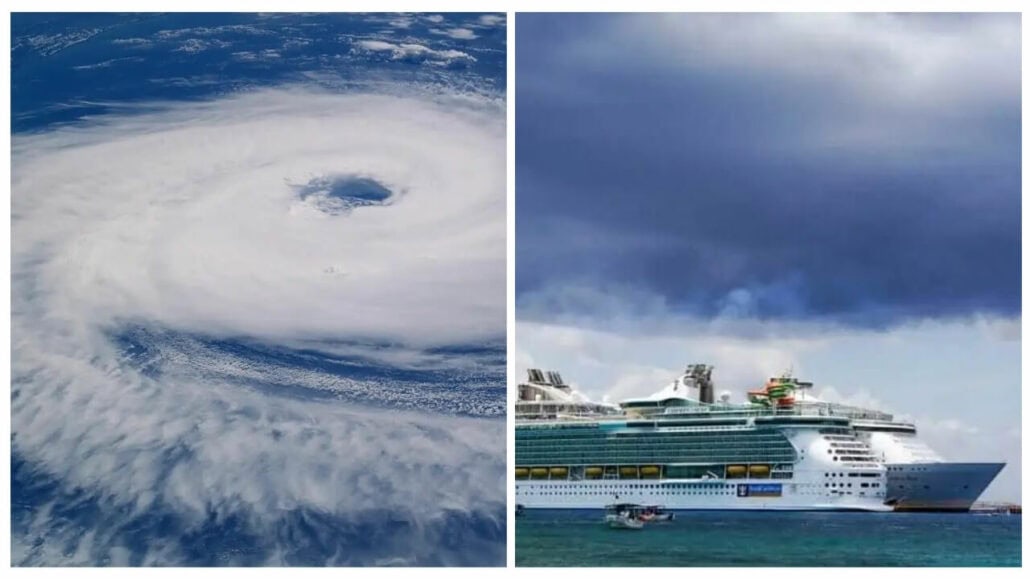
Typical policies cover trip cancellations, delays, interruptions, and missed connections due to hurricanes.
Some also include additional expenses for mandatory evacuations and provide reimbursements for extra lodging or transport costs.
Review what each policy offers to ensure it meets your specific needs.
Misconceptions About Hurricane Insurance
Not all travel insurance automatically covers hurricanes. Coverage sometimes only kicks in when a storm is officially named, and other policies may exclude certain weather-related events.
To avoid surprises, read your policy carefully and ask questions before purchasing.
When Should You Buy Travel Insurance During Hurricane Season?

Timing is Everything
To get the most out of your hurricane insurance, purchase it as soon as you book your cruise.
If you wait too long and a storm is named, it’s already a known event and won’t be covered. Early purchase ensures you have protection from any future storms that might develop.
The 14-Day Rule
Most insurance providers require that you buy coverage within 14 days of making your first trip deposit to qualify for extra benefits like pre-existing condition waivers.
By purchasing early, you ensure you’re eligible for these added protections.
Understanding Your Travel Insurance Policy
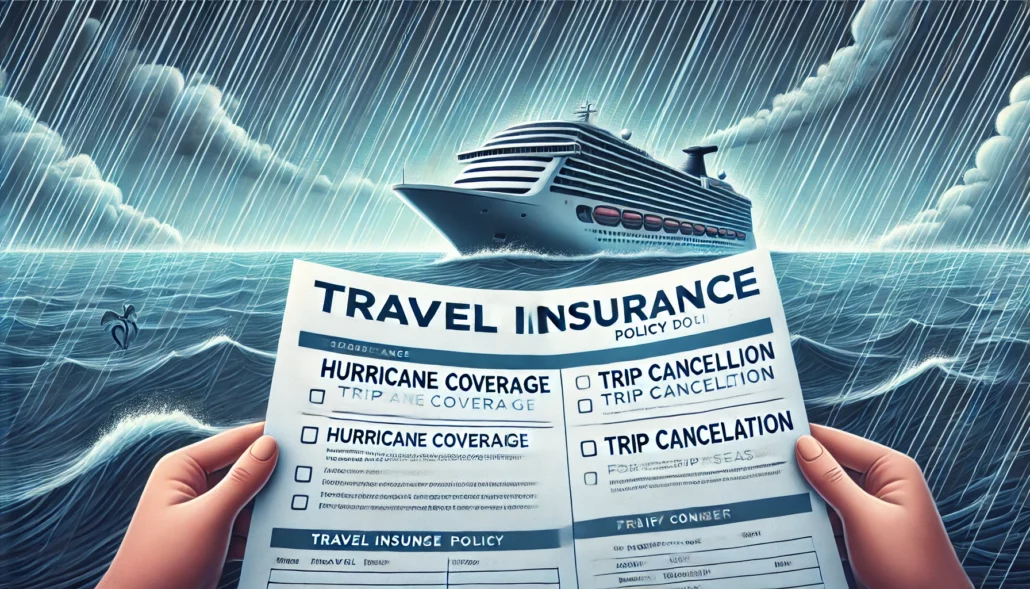
Read the Fine Print
Before finalizing your insurance, understand the specific coverage details—especially how they apply to hurricanes.
Pay close attention to exclusions or conditions that might limit your coverage.
Mandatory Evacuation Coverage
Some policies cover mandatory evacuations, reimbursing additional travel costs if you have to leave your cruise early.
This is especially important during hurricane season, as evacuations are often ordered with little notice.
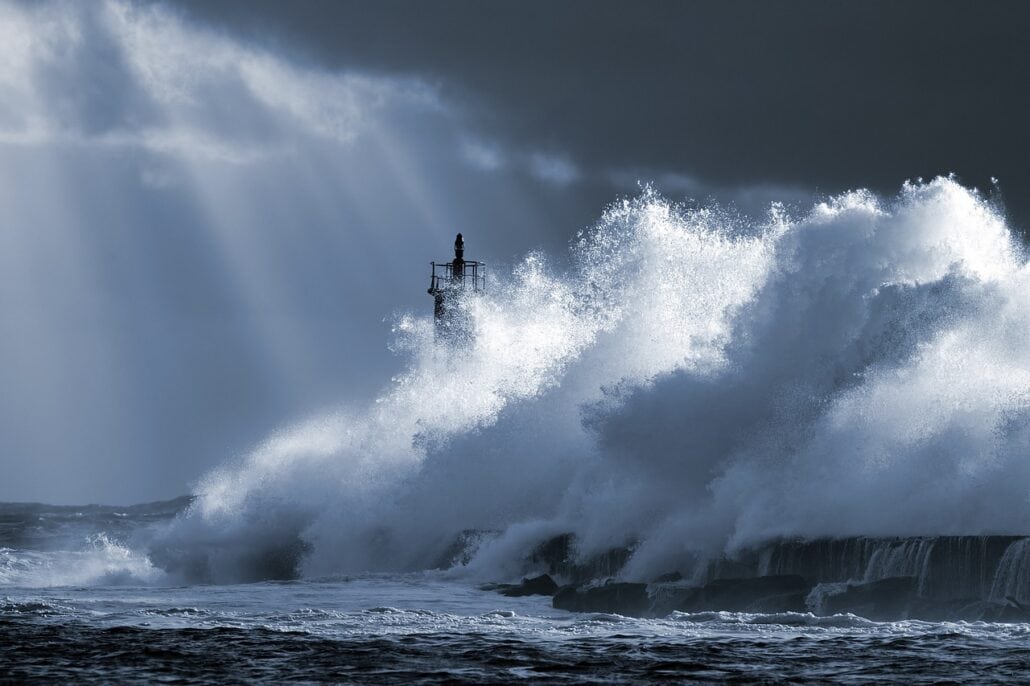
Hurricane Warnings and Cancellations
Certain policies also cover cancellations or interruptions if a hurricane warning is issued.
This allows you to cancel and get reimbursed before the storm hits, offering peace of mind if you’re unsure whether to proceed with your trip.
What’s Not Covered in the Policy?
Remember that not every scenario is covered.
Canceling a trip simply because you’re worried about a potential storm won’t qualify for reimbursement unless there’s an official warning or named storm. Always review your policy exclusions to understand what you’re signing up for.
Choosing the Right Hurricane Insurance Policy
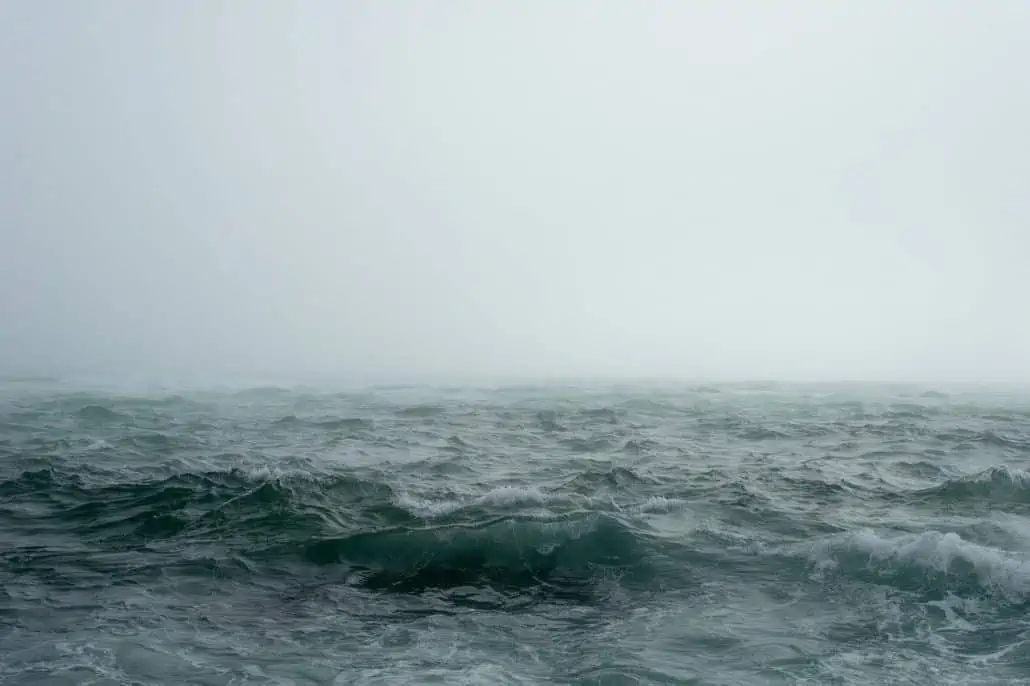
Comparing Insurance Providers
Not all travel insurance is created equal. Some cruise lines offer their own policies, but third-party travel insurance often provides more comprehensive coverage. Compare both options to see which offers better protection, considering coverage limits, exclusions, and customer reviews.
Also look at the coverage for cancellations, interruptions, and delays due to hurricanes.
Policies that cover mandatory evacuations and unexpected accommodations expenses offer added peace of mind.
Best Practices for Cruising During Hurricane Season
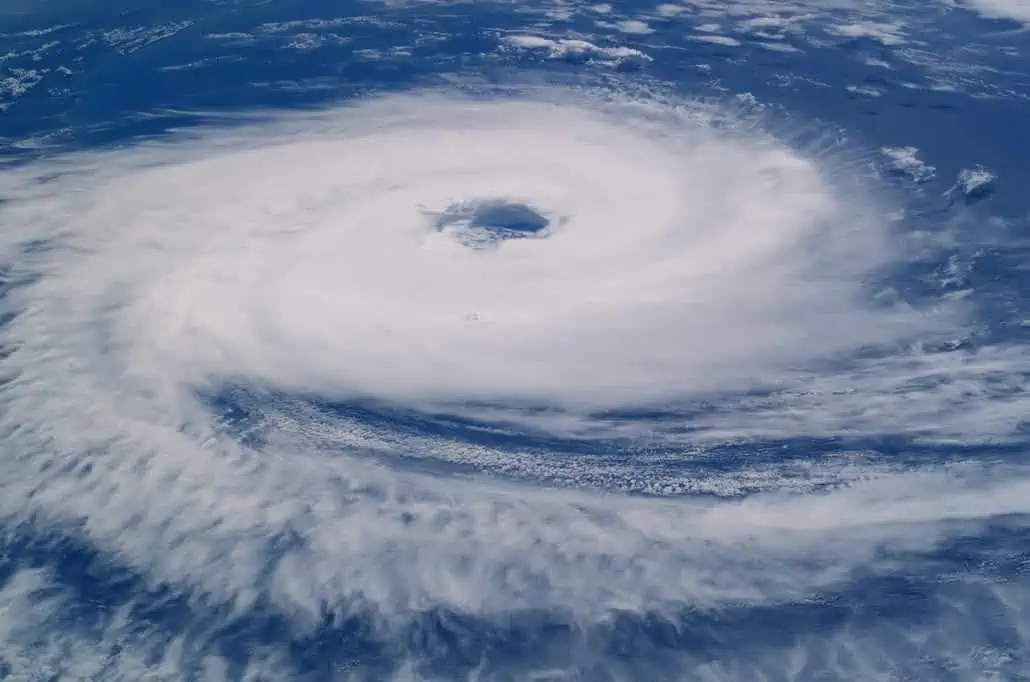
Planning Your Cruise Storms
If you’re planning a cruise during hurricane season, opt for destinations less likely to be affected by hurricanes. Cruises to the Southern Caribbean or during the beginning or end of the season may be less risky.
Staying Safe During a Hurricane
Always stay informed about weather conditions. Pay attention to updates from the cruise line and local authorities, and have a plan if a storm impacts your trip.
Be aware of emergency procedures on board and ensure you have essential supplies, just in case. Always have a weather app or bookmark the National Hurricane Center.
What to Do If Your Cruise is Affected
If a hurricane impacts your cruise, contact your travel insurance provider immediately.
They can guide you through the claims process to ensure you’re reimbursed for any eligible expenses.
Follow the instructions of the cruise line and local authorities to ensure your safety during the storm.
Be Prepared for the Unexpected
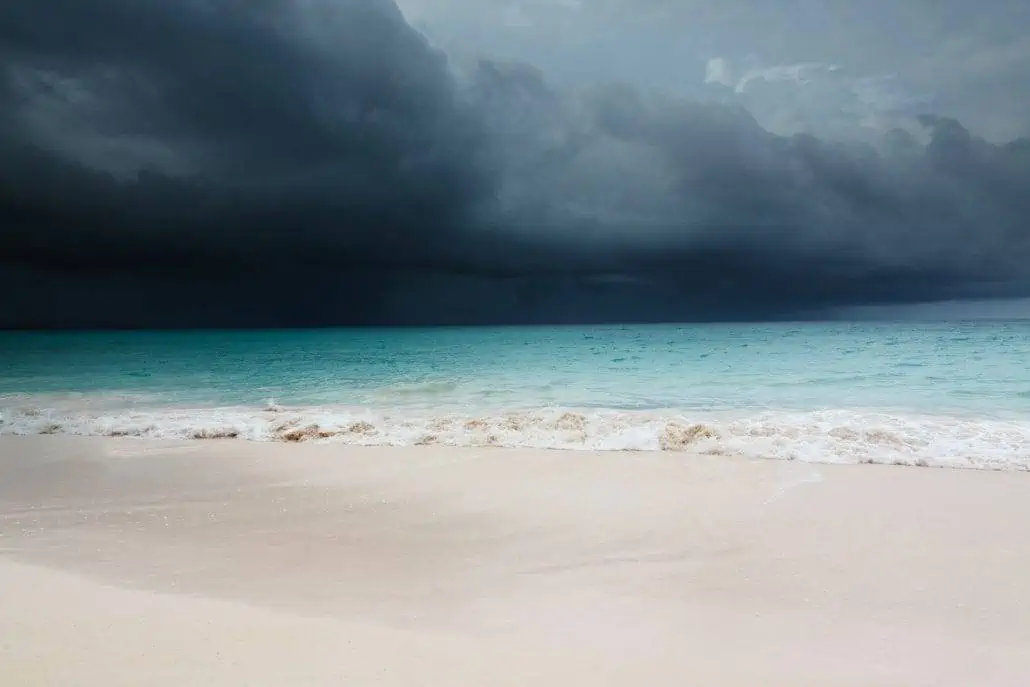
Remember, cruising during hurricane season doesn’t have to be stressful if you’re prepared.
FAQs
How soon should I buy hurricane insurance for my cruise?
The earlier, the better. Purchase it when you book your trip to cover any storms that develop afterward.
What does hurricane insurance cover?
It covers trip cancellations, interruptions, delays, mandatory evacuations, and non-refundable trip costs.
Can I get coverage for a named storm?
No. Insurance must be purchased before a storm is named to be effective.
What’s better—cruise line insurance or third-party?
Third-party insurance typically offers broader coverage than cruise lines, so it’s worth comparing both.



